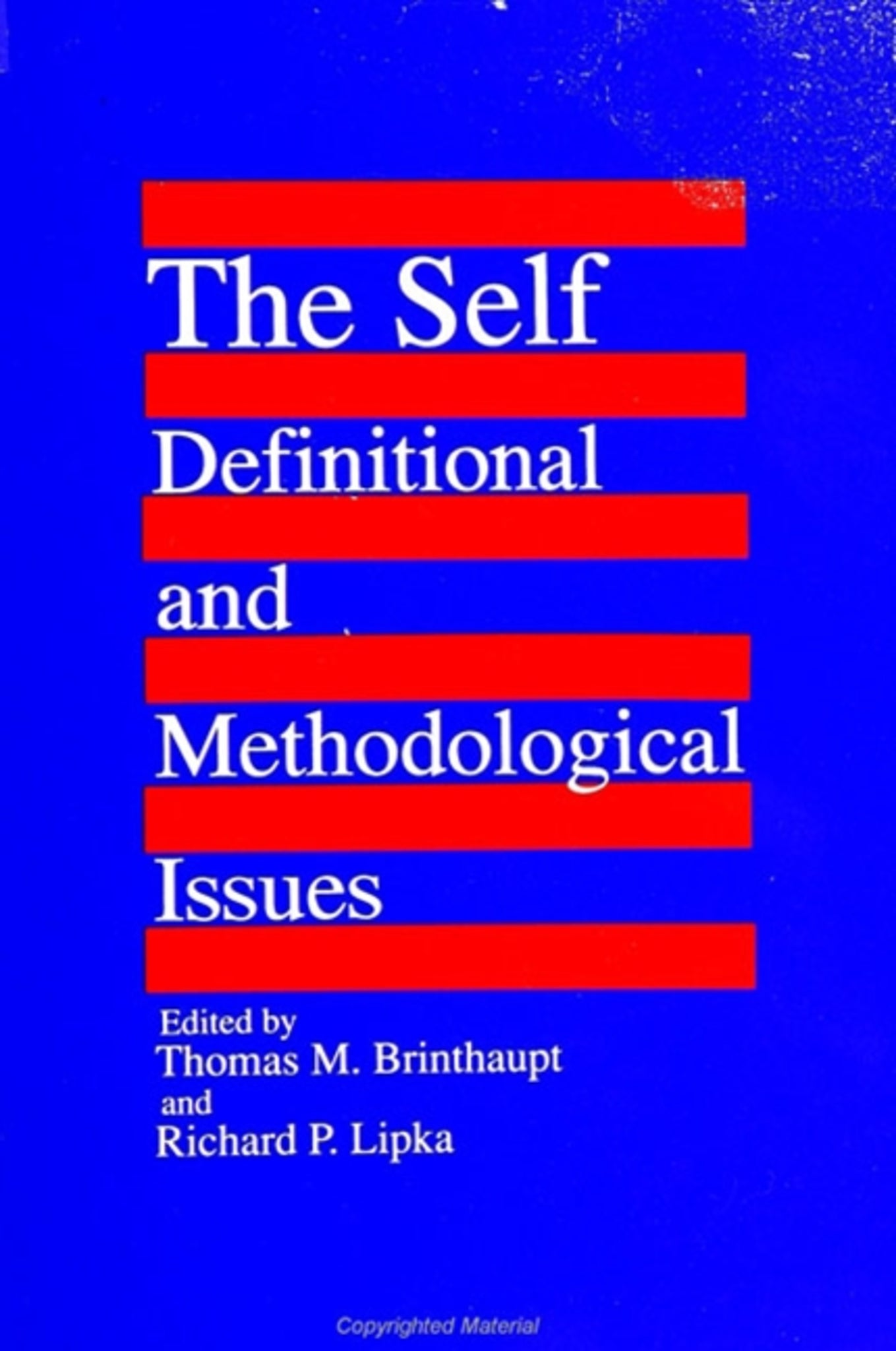We're sorry. An error has occurred
Please cancel or retry.
The Self

Some error occured while loading the Quick View. Please close the Quick View and try reloading the page.
Couldn't load pickup availability
- Format:
-
01 July 1992

What are the characteristics and dimensions of the self? Is there a "best" way to measure the self? How does the researcher's definition of the self affect the choice of research measure and methods? These are the questions addressed by this book.
Unlike previous books on the self, this one provides a systematic analysis of the theoretical and methodological issues involved. It offers a description of several alternative methods for studying the self, and discussions of the advantages and disadvantages of these different approaches. Emphasized here are the phenomenological and experiential nature of the self, its multidimensionality and hierarchical structure, and the relationship between defining and measuring the self. Among the methodological issues addressed are the impact of significant others on the self, the factors that affect the process of reporting about the self, between-group comparison of self-structure, the structure of the self in relationship to others, and the effects of differing cultural contexts.


"This book is unique in that it pulls together writings on the theoretical, methodological, and developmental issues involved in the study of the self. One of the key indicators of healthy functioning in human development is a strong self-concept. The life span orientation of the book makes it even more significant to the fields of human development and psychology." — Jacqueline V. Lerner, Penn State University
Introduction
Thomas M. Brinthaupt and Richard P. Lipka
Part I: Defining the Self
1.Self as Narrative: The Place of Life History in Studying the Life Span
Mark Freeman
2.A Multidimensional, Hierarchical Self-concept
Herbert W. Marsh, Barbara M. Byrne, and Richard J. Shavelson
3.An Experiential-developmental Framework and Methodology to Study the Transformations of the Self-concept from Infancy to Old Age
René L'Écuyer
Part II: Measuring the Self
4.Reporting about the Self: Issues and Implications
Thomas M. Brinthaupt and L. Jeanette Erwin
5.Multigroup Comparisons in Self-concept Research: Reexamining the Assumption of Equivalent Structure and Measurement
Barbara M. Byrne, Richard J. Shavelson, and Herbert W. Marsh
6.Significant Others in Self-esteem Development: Methods and Problems in Measurement
Anne McCreary Juhasz
7.He's Such a Nice Boy... When He's with Grandma: Gender and Evaluation in Self-with-Other Representations
Richard D. Ashmore and Daniel M. Ogilvie
8.Self-understanding Development in Cross-cultural Perspective
Daniel Hart and Wolfgang Edelstein
Summary and Implications
Thomas M. Brinthaupt and Richard P. Lipka
Contributors
Subject Index
Author Index



